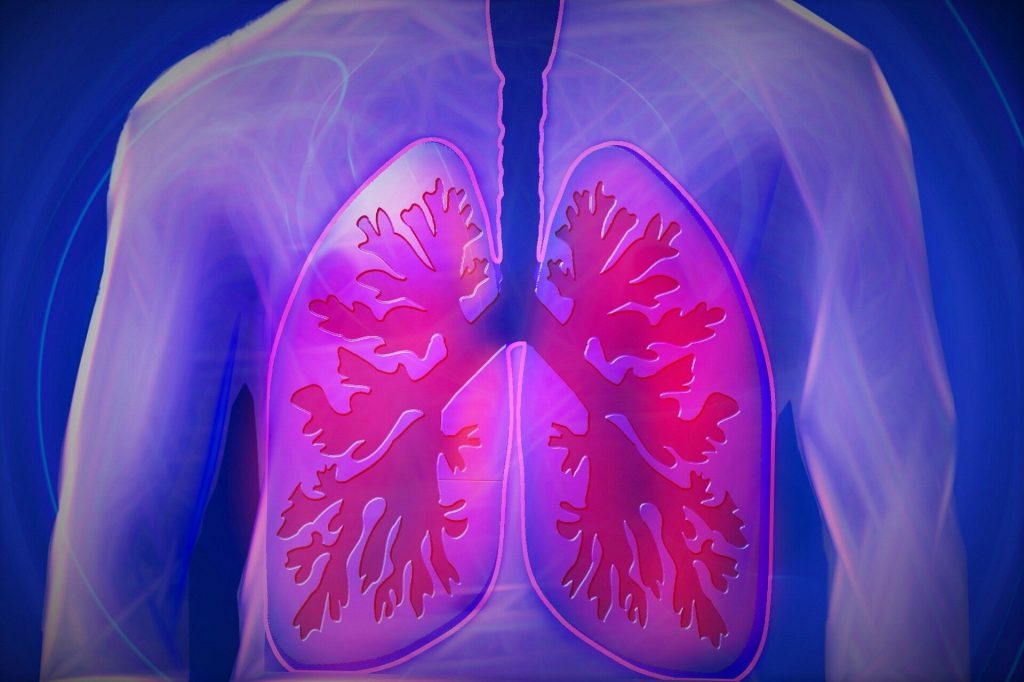Why Are My Lungs Burning? Burn in Chest When Cough
When we experience a burning sensation in our lungs, we do not necessarily worry. For example, after having beaten all the neighbors at the Fourth of July picnic relay race. If you have not run in ten years and you suddenly find yourself sprinting at full speed across a park, you can be sure you are going to feel this in your lungs.
A burning sensation does not always indicate a problem or a medical emergency. In some cases, those with a lung-related condition like asthma ultimately become used to it, know what to do when it happens, and remain calm until it subsides.
However, when that burning sensation appears with no known explanation, you may need medical attention. We will take a look at the common causes of a burn in chest when cough and which ones will resolve on their own, as well as instances where you should seek medical treatment.
CHEST PAIN AND BURNING: COMMON CAUSES
When it comes to pain experienced in our chest, bear in mind there are a number of organs and body parts that could be involved: the lungs, the heart, the ribcage, and the esophagus. Most of us equate “chest pain” with a heart attack, but there are plenty of completely benign instances of chest pain that are normal and no cause for alarm.
Two of the most common culprits when it comes to this burning sensation are temperature and exercise. Many people feel this chest burning in extremely cold weather, and others will experience it due to a particularly intense workout.
If you couple the two things together and go on a long run on a frigid day, you are bound to feel this in your chest. For some individuals, the result is exercise-induced asthma.

Chest pain and burning can also be attributed to bronchitis infections, or it can simply be a case of heartburn. We will take a look at the telltale signs below to spot each of these causes.
Asthma and Chest Burning
Asthma occurs when certain irritants cause your airways to become inflamed. While most people think first of “irritants” as pet dander, mold, or smoke, cold air is also possible for acting as an irritant.
The chest pains associated with asthma symptoms can include anything from dull to sharp and stabbing paints to wheezing and burning, depending on the severity of the attack.
If you find yourself frequently experiencing this kind of chest burning associated with wheezing and coughing, your doctor can evaluate your nose, throat, and airways to look for signs and also do allergy testing to determine if specific irritants are triggering you.
If it is determined you have asthma, your doctor may prescribe an inhaler to manage your symptoms; using an inhaler before running in cold weather should reduce the severity of the burning in your chest.
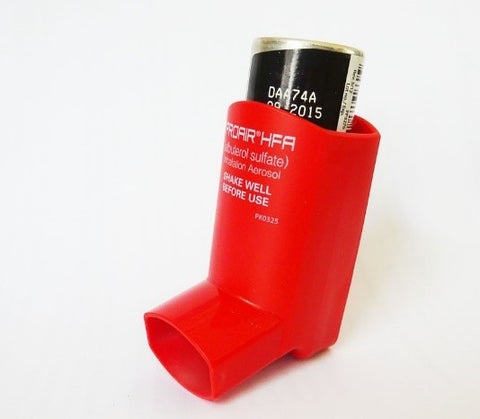
BRONCHITIS AND CHEST BURNING
Bronchitis is another potential culprit when it comes to burning in your chest. It happens when an infection spreads to our lungs, and our airways become inflamed and start to produce mucus. This results in a hacking chronic cough and the need to expel the mucus, and in some cases, we can end up with chest pain and burning when we have bronchitis.
Fortunately, acute bronchitis will often clear with rest and OTC medications in a week or two; for cases of chronic bronchitis, it can last for several months and will require medical treatment.
Heartburn and Chest Burning
Heartburn happens when food in our stomach travels back into our esophagus because a valve did not close properly (you might think of it like hot air traveling back into the house after we realize a door is ajar on a summer afternoon).
The esophagus is simply not prepped to hold that food as it breaks down as your stomach would, and the result is a burning sensation from stomach acid that can travel all the way back up to your throat along with chest pain.
It can last for a few minutes to a few hours and is usually treated effectively with OTC medications. One of the main challenges with heartburn is understanding the difference between it and the signs of a heart attack. Therefore, it is important to discuss frequent heartburn with your physician to determine if you have a more serious underlying cause of chest pain.
WHEN THE BURNING MEANS MORE: SERIOUS CAUSES AND EMERGENCY MEDICAL TREATMENT
Sometimes we know why we feel like our lungs are burning or we are experiencing pain in our chests: the aforementioned sprint at the neighborhood picnic. A spicy meal. A gust of frigid air on a winter morning makes it painful to breathe.
But there are other times when the burning sensation may indicate a serious medical problem and one that needs diagnosis and treatment by a physician. For example, pains in the chest can often lead people to wonder if they are experiencing a heart attack, and we will cover heart attack warning signs and a few other rare but serious causes of chest pain below.
Chest Burning and Heart Attacks: Signs and Symptoms
According to the CDC, someone in America has a heart attack every 40 seconds. It is no wonder then that this is a source of fear for many individuals when even the slightest abnormal feeling surfaces in the chest.
And there is no “one size fits all” feeling when it comes to a heart attack: the signs and symptoms will vary from individual to individual, and there are some marked differences between the way women and men experience heart attacks.
What may feel like “burning” to one person during a heart attack could feel like a squeezing sensation to another. The most important thing to bear in mind with heart attack signs is that every second matters, and you should call 911 right away if you suspect you or someone you know may be having a heart attack. Quick medical intervention is crucial.
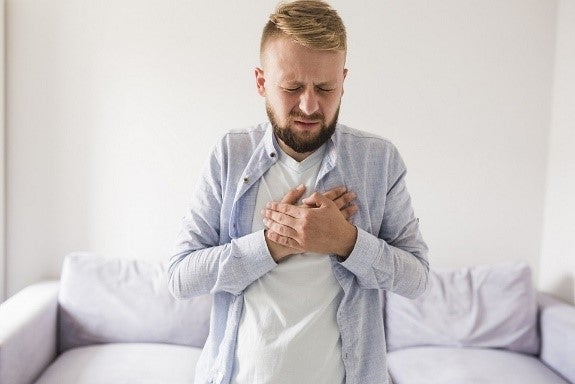
Signs of Heart Attack in Men
When men experience heart attacks, the frequent signs and symptoms reported are:
- Pain located in the center of the chest, which can be described as a burning or squeezing sensation or just “pressure” in general
- Pains in other parts of the body, including the neck, jaw, back, stomach, and one or both arms
- A cold sweat
- Nausea
- Shortness of breath
- Lightheadedness
Any combination of these signs should be taken seriously, and you should call 911 right away.
The bottom line for both women and men is that you would rather play it safe and find out you are experiencing heartburn than NOT seek medical attention when you could be having a heart attack.
Signs of Heart Attack in Women
Women also experience chest pain and sensations of burning or squeezing in the center of the chest, but in general, they are also more likely than men to display these warning signs:
- Nausea and/or vomiting
- Pain in the jaw
- Shortness of breath
- Back pain
When these warning signs appear, you should call 911 immediately.
The bottom line for both women and men is that you would rather play it safe and find out you are experiencing heartburn than NOT seek medical attention when you could be having a heart attack.
OTHER REASONS FOR CHEST BURNING
Some people also report a feeling that their lungs are burning or have chest pain in general with the rare but serious medical problems described below.
Lung Cancer
In some cases, individuals notice a burning sensation in their chest that can ultimately lead to a cancer diagnosis; however, it is important to note that some people show no symptoms.
For people who experience symptoms before a lung cancer diagnosis, they may include:
- A persistent cough
- Pain or burning sensation when coughing
- Fatigue
- Loss of appetite
- Wheezing
It is important to discuss your specific symptoms with your physician to determine what tests may be needed. These symptoms can also be present with other illnesses related to the lungs, such as COPD and emphysema.
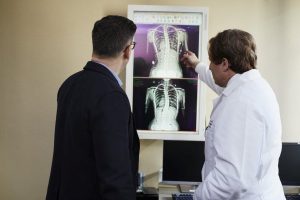
Pulmonary Embolism
When a blockage in arteries occurs, it can prevent our lungs from receiving the blood they need, and when this occurs, we also experience chest pain or burning.
Typically we think of pulmonary embolisms associated with blood clots in our legs or deep vein thrombosis. When this happens, a blood clot from the leg has essentially broken loose and starts traveling in the body. Eventually, that clot may become stuck in a lung artery, and then the essential blood flow to our lungs is blocked.
The symptoms and warning signs associated with a pulmonary embolism could include:
- Pain or burning in the chest
- Coughing up blood
- Shortness of breath
A pulmonary embolism required medical intervention. In some cases, medication can be used to dissolve the blood clot, but in other cases, a surgical procedure may be required to remove it.
WHY ARE MY LUNGS BURNING? IMPORTANT TAKEAWAYS
In many cases, the sensation of burning lungs or chest pain can be completely normal and benign. You may expect this sensation if participating in a vigorous workout (especially on a cold day), if you are experiencing bronchitis due to a chest infection or respiratory infection, or even if you consumed onions or another food that triggers your heartburn.
Average Lung AirPhysio
ENJOY BETTER BREATHING - Use this 100% Drug Free Device - AIRPHYSIO
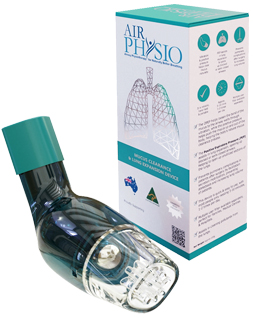
Recent Posts
Sports AirPhysio
IMPROVE YOUR SPORTING PERFORMANCE - Use this 100% Drug Free Device - AIRPHYSIO
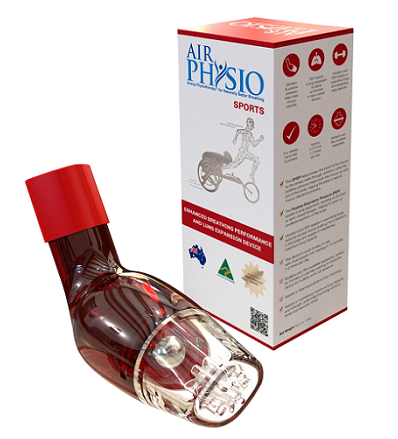
AirPhysio Child
BETTER BREATHING FOR YOUR CHILD - Use this 100% Drug Free Device - AIRPHYSIO
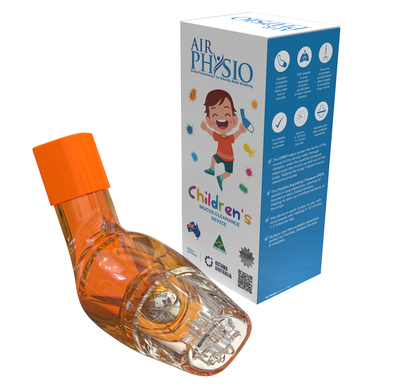
Categories
- asthma (2)
- atelectasis (2)
- bronchiectasis (2)
- copd (3)
- cystic-fibrosis (45)
- featured (10)
- uncategorized (2)

